Keeping your car in good shape is very important. Regular car maintenance helps you avoid big problems and saves money. You need to know how to check your engine oil, tires, brakes, battery, and more.
In this article, we will show you how to create a maintenance schedule, find the right service center, and do some tasks yourself. Also, we will cover what to do for different seasons and high-performance cars. Follow these tips to keep your car running smoothly and safely.
Why Regular Maintenance is Crucial for Your Car
Regular maintenance is vital for several reasons. It prevents major breakdowns, improves safety, and enhances performance. Keeping up with routine checks helps you catch small issues before they become significant problems, ultimately saving you money and stress.
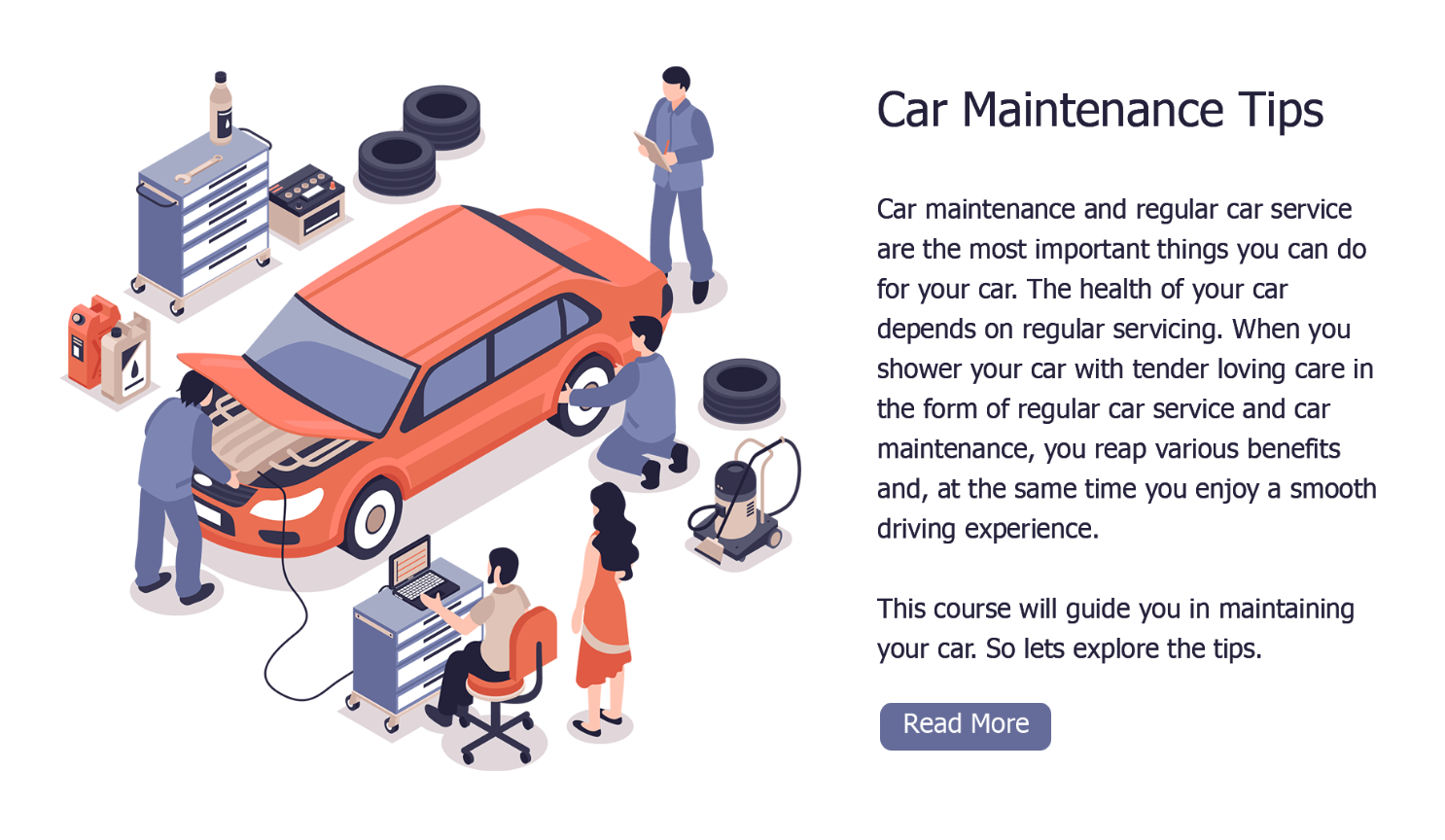
Key Components to Check Regularly
Here are the key components you should monitor to ensure your car runs smoothly:
-
Engine Oil: Check your engine oil regularly and change it according to your manufacturer’s recommendations. Fresh oil keeps your engine running efficiently and prevents damage.
-
Tire Condition and Pressure: Regularly inspect your tires for wear and tear and keep them inflated to the recommended pressure. Properly maintained tires improve fuel efficiency and safety.
-
Brake System: Ensure your brakes are in good condition. Listen for any unusual noises and get your brakes checked if you notice a decrease in performance.
-
Battery Health: Your car’s battery is crucial for starting the engine and powering electrical components. Check the battery’s charge and look out for signs of corrosion.
-
Transmission Fluid: Regularly check and replace your transmission fluid. Proper fluid levels ensure smooth gear changes and prevent transmission problems.
How to Create a Maintenance Schedule
Creating a maintenance schedule helps you stay on top of your car’s needs. Follow your vehicle’s manual, which outlines the recommended service intervals for various components. Set reminders for tasks like oil changes, tire rotations, and brake inspections.
Understanding Your Vehicle’s Maintenance Needs
Every car has unique maintenance requirements. Understanding these needs ensures you provide the best care for your vehicle.

How to Read and Follow Your Car’s Maintenance Manual
Your car’s maintenance manual is your go-to resource for understanding its specific needs. Follow the recommended service intervals and use the manual to determine which tasks are necessary at different mileage points.
Manufacturer Recommendations and Service Intervals
Manufacturers provide guidelines for when and what type of maintenance your car needs. Adhering to these recommendations ensures your vehicle remains in optimal condition and helps maintain any existing warranties.
Common Maintenance Tasks for Different Types of Vehicles
Maintenance needs can vary based on your vehicle type. Here’s a quick overview:
- Sedans: Routine oil changes, tire rotations, and brake inspections.
- SUVs: Additional checks for suspension and off-road capabilities.
- Trucks: Emphasis on engine and transmission maintenance, especially if used for towing.
- Electric Vehicles: Focus on battery health and software updates.
Choosing the Right Car Maintenance Service
When it comes to maintaining your car, choosing the right service is crucial. Here’s how to make an informed decision.
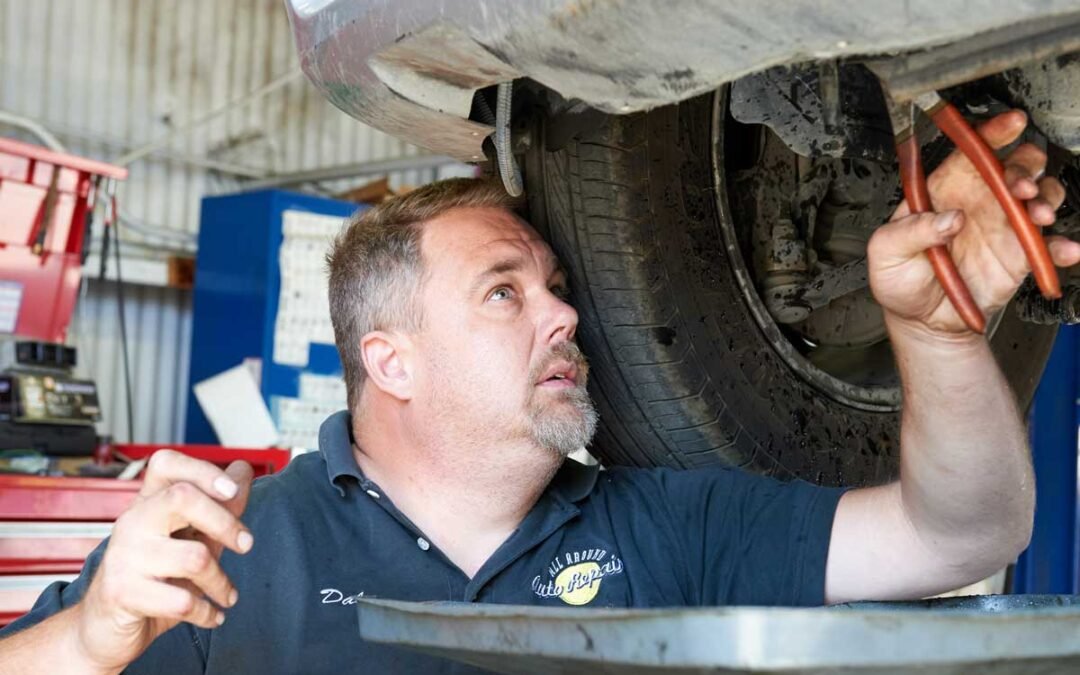
How to Find a Reliable Service Center
Look for service centers with certified technicians and positive reviews. Ask for recommendations from friends or family and check if the center is affiliated with your car’s manufacturer.
The Role of an Auto Technician
Auto technicians are trained to diagnose and repair car issues. Choosing a skilled technician ensures your vehicle receives the best possible care. Check their certifications and experience.
Comparing Costs: DIY vs. Professional Services
DIY maintenance can save money but might not always be suitable for complex tasks. Compare the costs and benefits of DIY versus professional services to decide what’s best for you.
Understanding Warranties and Service Agreements
Many service centers offer warranties on their work. Understand the terms of these warranties and read service agreements carefully to know what’s covered.
DIY Car Maintenance: What You Can Do Yourself
Performing some maintenance tasks yourself can be both cost-effective and satisfying. Here’s how to handle basic maintenance.
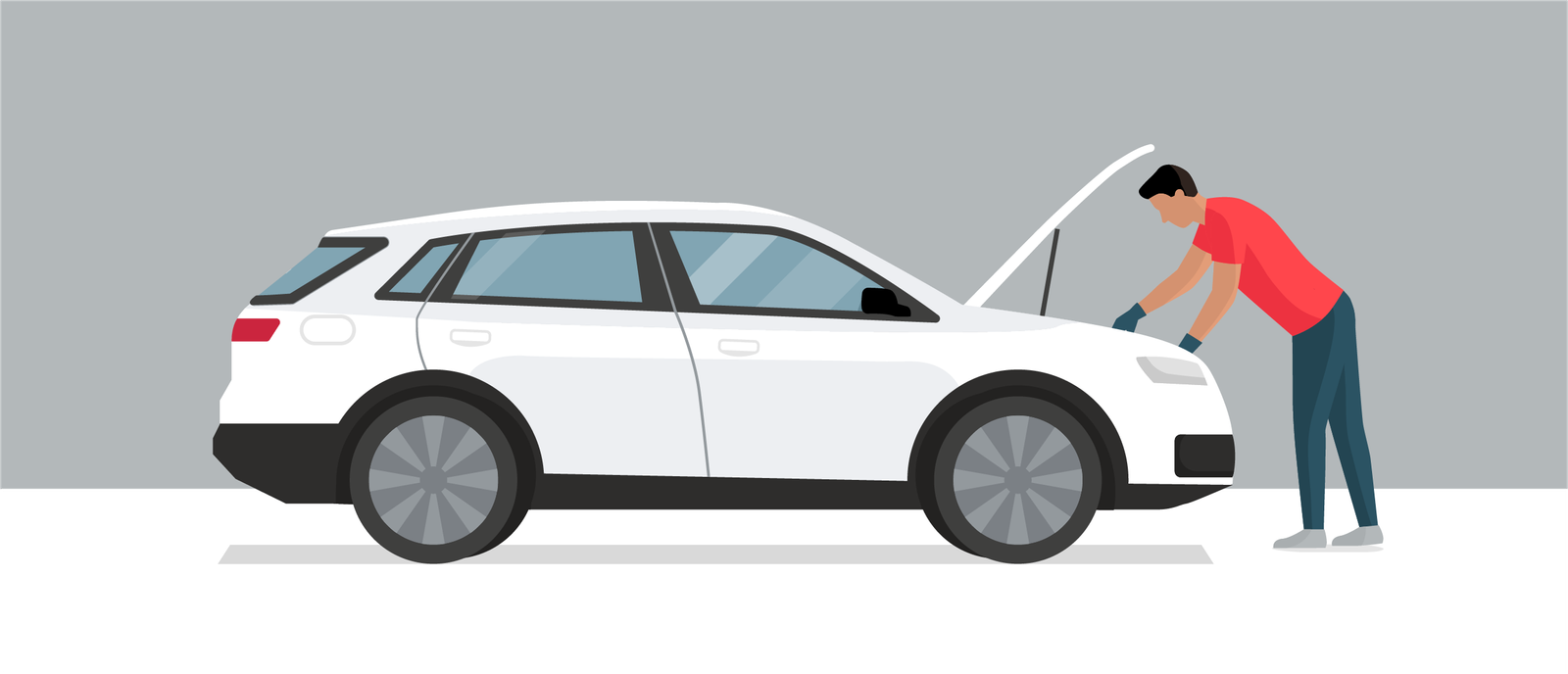
Basic Tools and Supplies for DIY Maintenance
Equip yourself with essential tools such as a wrench set, screwdrivers, and a jack. Having the right tools makes DIY maintenance more manageable.
Step-by-Step Guides for Common DIY Tasks
- Changing Engine Oil: Drain old oil, replace the filter, and add new oil.
- Replacing Air Filters: Locate the filter, remove the old one, and install a new one.
- Rotating Tires: Lift the vehicle, switch tire positions, and tighten the lug nuts.
- Checking Fluid Levels: Use dipsticks or reservoirs to check and top up fluids.
Safety Tips for DIY Car Maintenance
Always ensure the car is securely lifted and never work under a vehicle supported only by a jack. Wear protective gear and follow safety guidelines for each task.
Troubleshooting Common Car Issues
Knowing how to troubleshoot can save time and money. Here’s how to handle common issues.
Identifying Warning Signs of Car Problems
Be aware of strange noises, vibration, and warning lights. These can indicate underlying issues that need attention.
How to Use Diagnostic Tools
Diagnostic tools like the OBD-II scanner can help identify problems. Connect the tool to your car’s diagnostic port to read error codes and understand what needs fixing.
When to Seek Professional Help
If a problem persists or if you’re unsure about the cause, consult a professional. They can provide a more accurate diagnosis and repair.
Common Repairs and Their Costs
Understanding common repairs and their costs helps in budgeting. Typical repairs include brake replacement, transmission servicing, and battery replacement.
Seasonal Car Maintenance Tips
Different seasons affect your vehicle’s performance and maintenance needs. Here’s how to prepare for each season.

Preparing Your Car for Different Seasons
- Winter Preparation: Check the antifreeze, battery, and tire condition. Ensure your car is ready for cold temperatures.
- Summer Care: Inspect the cooling system and ensure your air conditioning is working efficiently.
How Seasonal Changes Affect Your Vehicle’s Maintenance Needs
Seasonal changes can impact various car components. Prepare your car for extreme temperatures to prevent issues.
Maintaining High-Performance Vehicles
High-performance vehicles require special attention. Here’s what you need to know.
Special Considerations for Sports Cars and Luxury Vehicles
Sports cars and luxury vehicles often need specialized care. Ensure you follow manufacturer recommendations for maintenance and use high-quality parts.
High-Performance Parts and Their Maintenance
Maintain high-performance parts such as brakes and suspension with extra care to ensure optimal performance.
Advanced Diagnostic and Repair Techniques
High-performance vehicles may require advanced diagnostics and specialized repair techniques. Ensure your service center is equipped to handle these needs.
The Future of Car Maintenance: Trends and Innovations
The world of car maintenance is evolving with new technologies. Here’s a glimpse into the future.
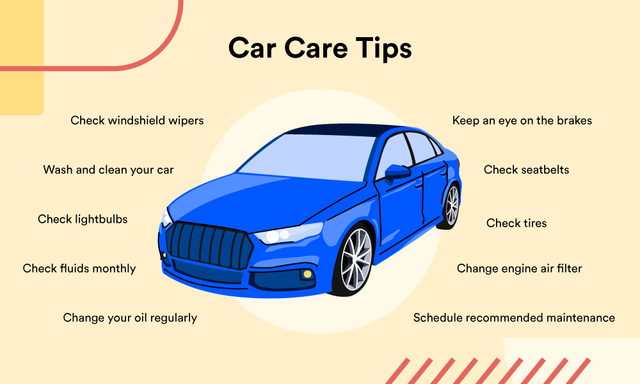
Emerging Technologies in Car Maintenance
Advancements such as automated diagnostics and predictive maintenance are changing how we approach car care.
The Role of Artificial Intelligence and Automation
AI and automation are streamlining maintenance processes, making diagnostics more accurate and repairs more efficient.
How Electric Vehicles are Changing Maintenance Practices
Electric vehicles (EVs) have different maintenance needs compared to traditional vehicles. Focus on battery health and software updates for EVs.
By following these guidelines and tips, you’ll be well-equipped to maintain your car effectively and keep it in great condition for years to come. Whether you choose DIY maintenance or professional services, staying informed and proactive is key to vehicle longevity.
Conclusion
Regular car maintenance is key to a long-lasting vehicle. By staying on top of essential checks, using professional services wisely, and handling some tasks yourself, you can keep your car in top condition. Share your thoughts in the comments, or explore more of our articles for additional tips and advice.
FAQs about Maintenance Car
What are the essential car tasks?
Essential car maintenance tasks include checking and changing engine oil, inspecting tire condition and pressure, ensuring the brake system is functioning properly, maintaining battery health, and monitoring transmission fluid levels. Regularly attending to these tasks helps prevent major issues and keeps your car running smoothly.
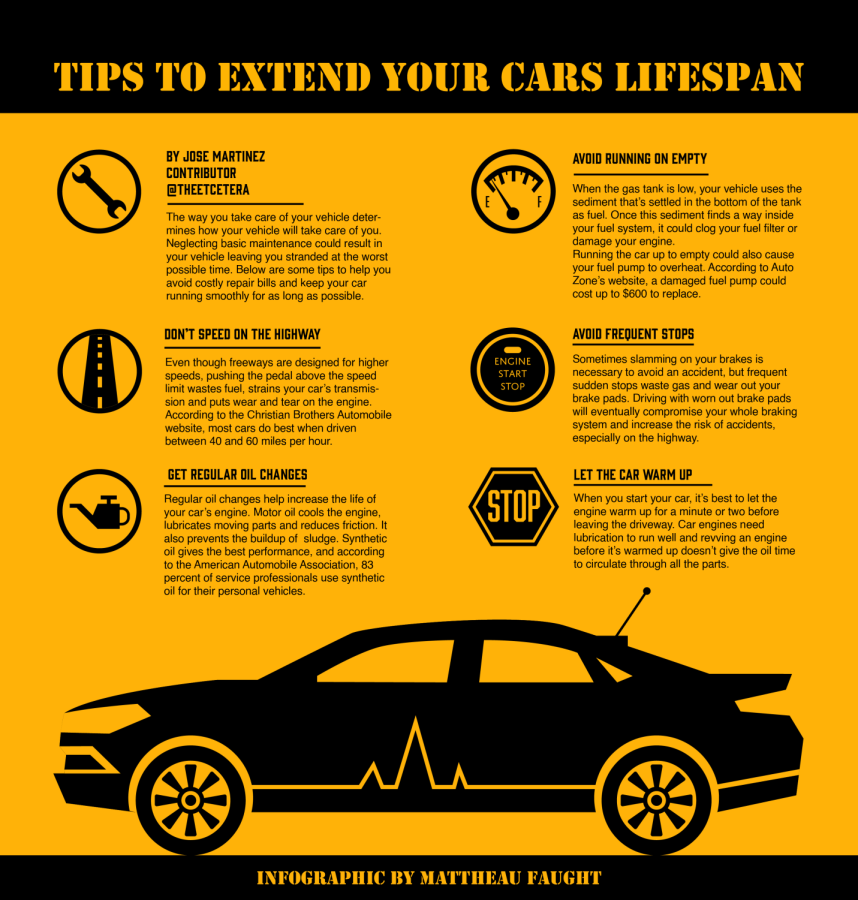
How often should I perform car maintenance?
Car maintenance frequency depends on your vehicle’s make and model. Generally, you should change the engine oil every 3,000 to 5,000 miles, rotate tires every 6,000 to 8,000 miles, and check the brake system and battery health at least twice a year. Always consult your car’s manual for specific recommendations.
Can I do car maintenance myself or should I go to a professional?
While some car maintenance tasks, like changing engine oil or replacing air filters, can be done yourself, others may require professional attention. For complex issues, such as transmission repairs or advanced diagnostics, it’s best to seek a certified mechanic. Balancing DIY tasks with professional services ensures your car remains in top condition.
What are the benefits of regular car?
Regular car maintenance offers several benefits, including improved safety, enhanced vehicle performance, and increased lifespan of your car. It helps catch minor issues before they become major problems, reducing the risk of breakdowns and expensive repairs. It also ensures your vehicle runs efficiently, saving you money on fuel.
How can seasonal changes affect my car’s maintenance needs?
Seasonal changes can impact your car’s performance and maintenance needs. In winter, it’s important to check antifreeze levels and ensure your battery and tires are prepared for cold temperatures. In summer, focus on maintaining the cooling system and air conditioning. Adapting your maintenance routine to the seasons helps prevent issues caused by extreme weather conditions.